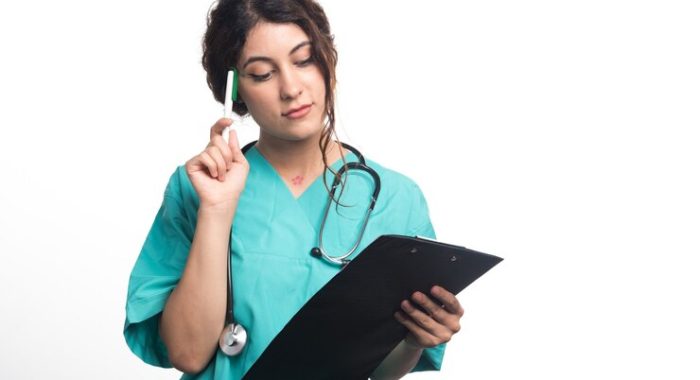One of the most important aspects of medical education is the transition from theory in the classroom to real-world clinical practice in real healthcare settings. MBBS students in Georgia found the adjustment to be both stimulating and disciplined. As a result, students obtain a thorough education in order to be ready for a global medical career. The best medical schools in Georgia emphasize practical training heavily as an essential component of their courses to guarantee that graduates have the skills and knowledge required to succeed in clinical settings. These are a some of the Georgian MBBS programs’ options for receiving hands-on training.
1. Early Clinical Practice Exposure
The best medical schools in Georgia include early clinical exposure in their MBBS curricula. Now they are able to relate abstract concepts to real-world patient care. In Georgia, second or third year MBBS students frequently begin their practical training. Students start their clinical rotations at the university-affiliated teaching hospitals. Early exposure aids in the greater understanding of the human body, diagnosis techniques, and patient relations among Georgia’s MBBS students.
2. Programs for Clinical Residency in Specialized Divisions
In order to give their medical education a strong foundation, Georgia’s MBBS students receive clinical rotations in a variety of medical specialties. This includes, among other specializations, internal medicine, pediatrics, surgery, and obstetrics and gynecology. During these rotations, students get hands-on experience diagnosing and treating patients under the supervision of experienced medical professionals. Clinical training across departments allows students to gain knowledge about many fields of medicine and helps them decide which specializations they would like to pursue in the future.
3. Cutting-Edge Educational Hospitals
Most Georgian medical schools are affiliated with modern teaching hospitals that provide their students with state-of-the-art learning conditions. With access to state-of-the-art medical technologies, diagnostic tools, and treatment methods, these modern facilities give Georgian MBBS students the tools they need to practice in a range of international healthcare settings. Students have the opportunity to refine their skills and establish a strong foundation in medical practice, which will allow them to experience medicine internationally, in addition to learning about cutting edge medical technologies.
4. Communication and Interaction Skills with Patients
Students can engage with patients on a substantial level through practical instruction. One of the most important learning phases for medical students is this. It aids in the development of critical communication skills in students and teaches them how to gather patient histories, conduct physical examinations, and effectively and compassionately convey complex medical information. Through this one-on-one engagement with patients, students gain confidence and strengthen their capacity to relate to people from diverse backgrounds.
5. Hands-on Instruction in Surgery and Related Procedures
Students interested in pursuing surgical specialties can receive thorough, hands-on instruction in surgical methods from the Top Medical Universities of Georgia. Students are encouraged to help more experienced doctors during procedures so they can learn about the subtleties of operating room protocol. Furthermore, procedural training makes up a large chunk of the curriculum, guaranteeing that students understand basic medical techniques like suturing wounds, administering injections, and collecting blood.


